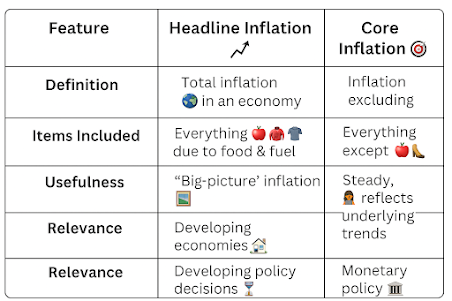🚩Antidefection law🚩
✴️Definition + objective
✅Antidefection- To curb the defection only for the sake of Political opportunism and to maintain stability in the governance, through 52nd ammendment act 1985, 10th shedule was added which deals with the anti defection law.
✴️ Why in news?
✅In the recent case of maharashtra political instability the preciding officer has delayed his dicisions regarding disqualification of the party member .{1year has been paased that is no time limit for the proceeedings.}ultimately the members who should be disqalified are still in the cabinet ,administrative positions which creats a constitutional impropreatory.
✴️Caustions which should be taken during the proceedings-
👉During the split there should be a caution that it is for public intrest or purely a political opportunism .
👉The 2/3 majority in a significant number must have been verified.
👉Merger claus should be taken into considerations.
👉During the proceeding ,the preciding officer was indulge in his own proceedings of removal against him. And in the Navam Ravia case the Supreme Court itself has given a verdict that if the preciding officer is under the removal procedings against him them he has no power to give his judgement of disqalification under the anti-defection law.
✴️Loopholes -
👉First decision should be of preciding officer (speaker,deputy speaker,chairman). If the party members are not satisfied with the decision of the preciding officer then they can challange the it in supreme court or high court for judicial review. But here the question is that the speaker is qualified enough to understand the judicial systems and its laws as he is provided with a power of "Quasi-Judicial".
👉The preciding officers do not give up their positions of the political party which is again raising a question of on their judgement of being partial or impartial.
✴️No timeframe set for the decision of the preciding officer which ultimately lagging the proceedings of the government.
✴️recommendations of constitutional bodies-
👉Law and election commission of India has recommended that the "Power regarding the disqualification"of members in the 10th shedule should be given to the center (President )and state (Governor) and their decisions made by them must be bounded by election commission which is a constitutional body.
✴️Negative Impacts -
👉It is eroding the public mandate.
👉No public intrest only pure "Political Opportunism".
👉Horse trading for cabinet positions.
👉Is CBI and ED are being used by the central government to malify the dignity of the opposition party and splitting them to gain their ultimate goal of "Power and Majority" this raises a question mark on the Parliamentry Governance.
✴️Thus it is clear that "Anti-defection law is completly failed in Defection. Exampkes in case of Goa,Arunachal Pradesh ,Madhya Pradesh and now Maharashtra . it should be reformed ,amendment is the necessity for the " good governance" and "Public Intrest".



Comments